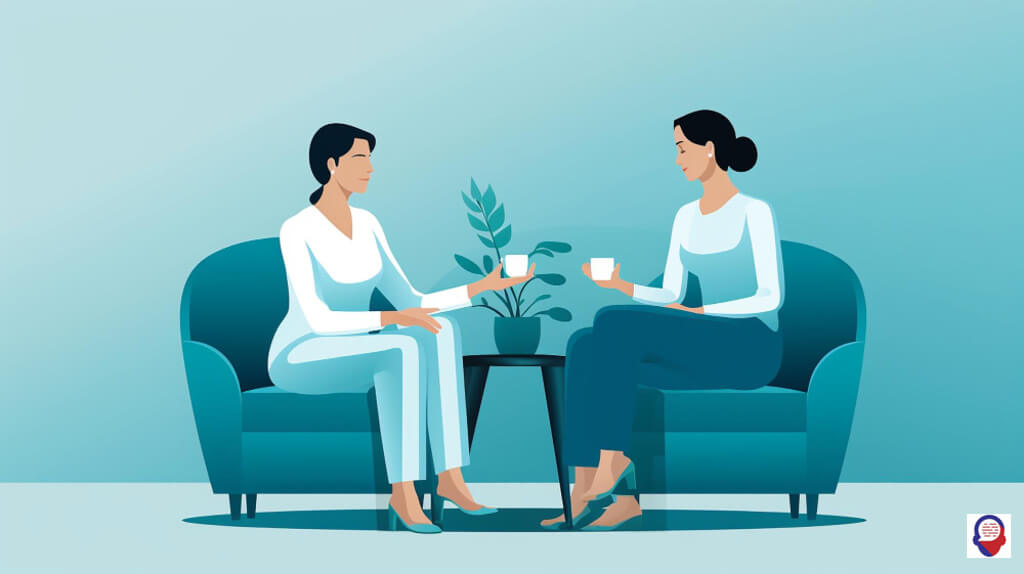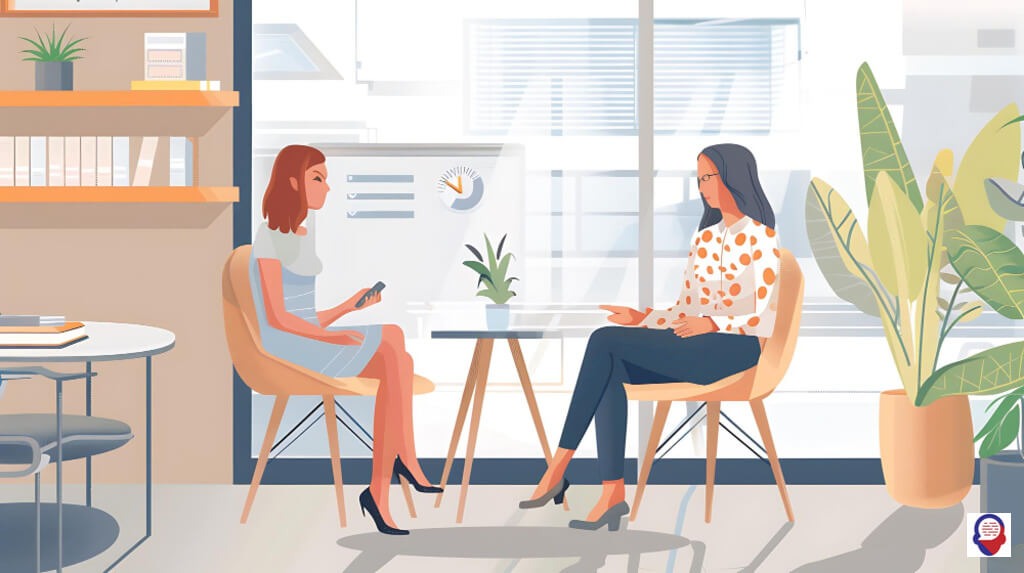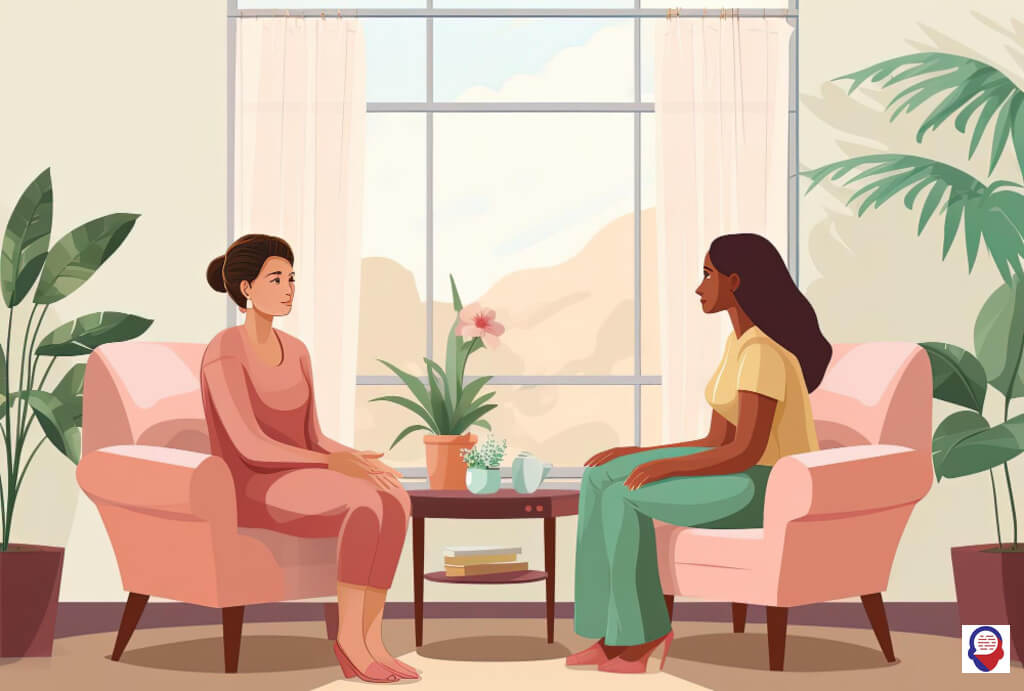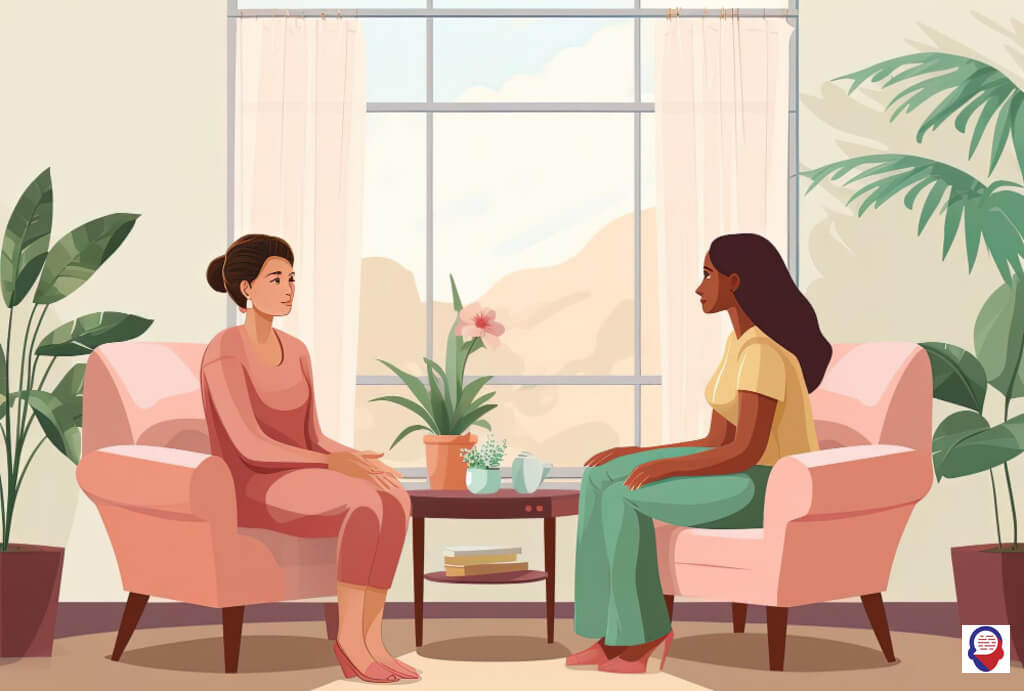How Much Does Couples Therapy Really Cost in the UK?
Deciding to seek marriage counselling is a monumental step, one filled with hope and vulnerability, especially when one or both partners are also navigating personal emotional difficulties. You’re investing emotionally in the future of your relationship. But alongside that emotional investment comes a very practical question that can feel awkward or even prohibitive to ask, how much is this all going to cost? It’s a question that deserves a clear, comprehensive, and honest answer, because understanding the financial side is crucial to making this journey sustainable and successful.
Thinking about therapy in terms of cost can feel transactional, but it’s better to frame it as an investment. It’s an investment in communication, in understanding, in peace within your home, and in the shared future you’re fighting for. This guide will demystify the costs associated with marriage counselling in the UK, helping you navigate the financial landscape so you can focus on what truly matters, healing and strengthening your partnership.

What is the average price for marriage counselling?
The average cost for a single session of marriage or couples counselling in the UK typically ranges from £60 to £150. This fee usually covers a ‘therapeutic hour’, which is about 50 to 60 minutes with a qualified counsellor or psychotherapist.
This price point is a broad national average and can fluctuate significantly based on a multitude of factors. In major metropolitan areas like London, you can expect prices to be at the higher end of this scale, sometimes even exceeding it. Conversely, in more rural areas or smaller towns, the rates might be more modest.
It’s important to see this figure as a starting point for your research. The final cost you pay will be a unique combination of the therapist’s expertise, your location, and the specific type of support you and your partner require.

What factors influence the cost of couples therapy?
The price tag on a therapy session isn’t arbitrary, it reflects a blend of professional and market factors. Understanding these variables can help you see where the value lies and find a service that fits both your therapeutic needs and your budget. From the therapist’s years of experience to the very postcode of their office, several key elements come into play.

Does location affect the price?
Yes, your geographical location is one of the most significant factors determining the cost of counselling. Therapists practicing in large cities, especially London and other major urban centres in the South East, face higher overheads like office rent and living costs, which are naturally reflected in their session fees.
Conversely, therapists in smaller towns or more rural parts of the country may have lower operating expenses, allowing them to charge less per session. However, this can sometimes come with a trade-off, as there may be fewer therapists to choose from in these areas, particularly those with specialised training.
The rise of online therapy has disrupted this geographical dependency. By connecting with a therapist remotely, you can access specialists from anywhere in the country, potentially finding more competitive pricing than what’s available in your immediate local area. This opens up a wider market of professionals, giving you more choice over both cost and expertise.

Do therapist qualifications change the cost?
Absolutely. The experience, training, and qualifications of a therapist play a pivotal role in their pricing structure. A highly seasoned therapist with decades of experience and specialised accreditation will justifiably charge more than a newly qualified counsellor.
Therapists with advanced degrees, such as clinical or counselling psychologists, often have higher rates due to their extensive education and training. Furthermore, those who have undertaken specific, rigorous training in sought-after couples therapy modalities, like the Gottman Method or Emotionally Focused Therapy (EFT), may also price their services at a premium.
When you choose a more experienced or specialised therapist, you are paying for a deeper well of knowledge and a more refined skill set. This expertise can sometimes lead to more effective or efficient therapy, potentially meaning you require fewer sessions overall, which can balance out the higher per-session cost in the long run.

Can the type of therapy impact the price?
Yes, the specific therapeutic approach or modality used can influence the cost. General relationship counselling provides a foundational level of support, but some couples require a more specialised approach to address particular challenges like infidelity, sexual issues, or complex trauma.
Therapists who are certified in specific, evidence-based models for couples work have invested significant time and money into their training. For instance, becoming a certified Gottman therapist or an EFT therapist involves multiple levels of intensive training and supervision. This advanced expertise is a valuable asset and is often reflected in a higher session fee.
While it might be tempting to opt for the cheapest, most generalist option, investing in a specialist can be crucial. If you are dealing with a specific, deep-rooted issue, a therapist trained to handle that exact problem can provide more targeted and effective interventions, making the investment incredibly worthwhile.

How does session length or frequency alter the total cost?
The structure of your therapy sessions directly impacts both the per-session price and the overall financial commitment. The standard session is 50-60 minutes, but some therapists offer longer sessions of 75 or 90 minutes, which are priced accordingly. These extended sessions can be particularly useful for initial assessments or for tackling complex issues that need more time to unpack.
The frequency of sessions also shapes the total cost over time. Most couples start with weekly sessions to build momentum and establish a strong therapeutic alliance. As progress is made, you might transition to fortnightly or even monthly check-ins.
Ultimately, the total cost is a product of the per-session rate multiplied by the number of sessions you attend. This number is unique to every couple. Some may resolve their presenting issue in 8-12 sessions, while others with more ingrained patterns may benefit from a longer-term therapeutic journey spanning several months or more.

Are there more affordable options for marriage counselling?
Yes, there are several avenues for accessing lower-cost or even free marriage counselling if the standard private rates are out of reach. The belief that therapy is only for the wealthy is a damaging myth. Many organisations and individual therapists are committed to making mental health support accessible, and knowing where to look is the first step.
Navigating these options requires a bit of research and proactivity, but the effort can make a world of difference. From charitable organisations to training institutions, affordable help is available. Don’t let the initial sticker shock of private fees discourage you from seeking the support your relationship deserves.

Can I get couples counselling through the NHS?
It is technically possible but extremely difficult and uncommon to get couples counselling directly through the NHS for relationship issues alone. The NHS primarily funds psychological therapies for individuals with a diagnosable mental health condition, such as depression or anxiety, through its IAPT (Improving Access to Psychological Therapies) services.
If one or both partners have a mental health condition that is significantly impacting the relationship, a GP might make a referral. However, the focus will likely be on the individual’s mental health, not the couple’s dynamic. Waiting lists for NHS mental health services are notoriously long, and the number of sessions offered is often strictly limited.
For most couples whose primary issue is the relationship itself, the NHS is unfortunately not a viable or timely option. It’s generally better to explore other avenues for dedicated relationship support.

Do charities or non-profits offer lower-cost services?
Yes, this is one of the best routes for affordable couples counselling in the UK. Several national and local charities are dedicated to providing relationship support at a reduced cost. Organisations like Relate are perhaps the most well-known, offering counselling services across the country.
These organisations often operate on a ‘sliding scale’ model, where the fee you pay is based on your household income. This ensures that people on lower incomes can still access high-quality professional support. They provide a vital service for countless couples who would otherwise be unable to afford private therapy.
While these services are invaluable, they can also have waiting lists due to high demand. It is always worth contacting your local branch to enquire about their current wait times and fee structure.

What are sliding scale fees?
A sliding scale is a flexible fee structure that some private therapists and charitable organisations use to make counselling more affordable. Instead of a single fixed rate for all clients, the therapist sets a range of fees, and the amount you pay is determined by your annual income and, sometimes, other financial circumstances like the number of dependents you have.
This approach is rooted in a commitment to social equity, allowing people from different economic backgrounds to access the same quality of care. Many private practitioners who are passionate about accessibility reserve a certain number of slots in their caseload for clients on a sliding scale.
Don’t be afraid to ask a therapist during your initial enquiry if they offer a sliding scale or reduced-fee appointments. The worst they can say is no, but many are open to the conversation and may be able to accommodate you or refer you to a colleague who can.

Is online couples counselling a cheaper alternative?
Often, yes. Online therapy has become a mainstream option, and it frequently comes with a lower price tag than in-person sessions. Therapists who work exclusively online have significantly lower overheads, they don’t have to pay for office rent, utilities, or commuting costs, and they can pass these savings on to their clients.
Beyond the potential cost savings, online counselling offers unparalleled convenience and accessibility. You can attend sessions from the comfort of your own home, eliminating travel time and costs. It also gives you access to a nationwide pool of therapists, so you aren’t limited to the practitioners in your immediate geographical area.
While some couples prefer the dynamic of being in the same room as their therapist, many find that online sessions are just as effective and intimate. As long as you have a stable internet connection and a private space, it is an excellent and often more budget-friendly alternative.

Could trainee therapists be an option?
Yes, seeing a therapist in training is a fantastic and often overlooked option for very low-cost counselling. Universities and psychotherapy training institutes often run clinics where students in the final stages of their qualification provide therapy to the public under close clinical supervision.
These trainees are dedicated, knowledgeable, and equipped with the latest theoretical models and techniques. Every aspect of their work is overseen by a highly experienced, accredited supervisor, ensuring that you receive safe and professional care. You are essentially getting two professional minds working on your case for the price of one, heavily subsidised fee.
The cost for these services can be significantly lower than even the bottom end of the private practice scale. Contacting the psychology or counselling departments of local universities or searching for psychotherapy training organisations in your area can connect you with these affordable and high-quality services.

How can I pay for marriage counselling?
Once you’ve found a therapist and agreed on a fee, the next practical step is figuring out how to pay for it. Most couples fund their therapy out-of-pocket, but it’s worth exploring a couple of other potential avenues that might lighten the financial load. Understanding your options can help you budget effectively for this important investment.

Does private health insurance cover couples therapy?
In the vast majority of cases in the UK, private health insurance policies do not cover marriage or couples counselling. Most insurance plans are designed to cover treatment for diagnosable mental health disorders for an individual, such as major depressive disorder, generalised anxiety disorder, or OCD.
Relationship distress, on its own, is not considered a clinical diagnosis in the same way. Therefore, therapy aimed at improving a couple’s dynamic is typically excluded from coverage. Some high-end corporate policies or international plans might offer limited benefits, but this is the exception rather than the rule.
It is always essential to read your policy documents very carefully or call your provider directly to confirm what is and isn’t covered. However, it is wise to assume that you will need to self-fund your couples therapy and be pleasantly surprised if your plan offers any contribution.

Can I use employee assistance programmes (EAPs)?
Yes, absolutely. Employee Assistance Programmes, or EAPs, are a hugely valuable and often underutilised resource. Many medium to large employers offer an EAP as part of their employee benefits package, providing free, confidential access to a range of support services, including counselling.
Typically, an EAP will provide a set number of free therapy sessions, often between four and eight. While this might not be enough for long-term, in-depth work, it is a perfect way to start the process, address a specific short-term issue, or confirm that therapy is the right path for you before committing your own funds.
The service is completely confidential, your employer will know that the EAP is being used, but they will never know who is using it or for what reason. Check your company’s intranet or speak to your HR department to find out if you have access to an EAP and how to use it.

Is the cost of marriage counselling worth it?
This is perhaps the most important question of all. When you see the numbers, it’s natural to hesitate and wonder if the expense is truly justified. The answer, for countless couples, is a resounding yes. The cost of counselling should be weighed against the immense cost of not going.
The financial cost of separation or divorce is staggering, involving legal fees, the expense of running two separate households, and the division of assets. These costs can run into the tens of thousands of pounds, dwarfing the investment required for even a long course of therapy. From a purely financial perspective, counselling is often the more economical choice.
But the true value of therapy extends far beyond finances. What is the value of restoring peace and reducing conflict in your home? What is the worth of providing a stable, loving environment for your children? What is the price of rediscovering intimacy, friendship, and joy with the person you chose to build a life with?
Marriage counselling is an investment in your well-being, your family’s stability, and your future happiness. It equips you with communication skills and conflict-resolution tools that will serve you for a lifetime, in all your relationships. When you consider the profound and lasting benefits, the cost transforms from an expense into one of the most meaningful investments you can ever make.
Frequently Asked Questions

How many sessions of couples counselling will we need?
The number of sessions required varies greatly from couple to couple and depends entirely on your unique situation and goals. For a specific, contained issue, you might see significant progress in as few as 6 to 12 sessions. For more complex, long-standing issues or deeper patterns of conflict, therapy may be a longer-term process lasting six months or more. An experienced therapist will usually discuss a potential timeline with you after the first few assessment sessions.

What if my partner won’t go to counselling?
This is a very common and difficult situation. You cannot force your partner to attend therapy. However, you can choose to go to individual counselling yourself to work on your own contributions to the relationship dynamic and learn new ways of coping and communicating. Sometimes, when one partner begins to make positive changes, it can inspire the reluctant partner to reconsider and eventually join the process.

Do we pay per session or for a block?
The most common payment model is paying for each session as you go, typically via bank transfer or card payment at the time of the appointment. Some therapists may offer a small discount if you book and pay for a block of sessions, for example, six or ten, in advance. It is crucial to clarify all payment terms, including cancellation policies, with your therapist during your initial consultation so there are no surprises.

Is marriage counselling the same as couples counselling?
Yes, the terms ‘marriage counselling’ and ‘couples counselling’ are used interchangeably in the therapy world. The service is not exclusive to married couples. It is for any two people in a committed relationship, whether they are married, cohabiting, dating, or in a civil partnership, who wish to improve their dynamic, communication, and connection.

***
Investing in your relationship is one of the most profound decisions you can make, but uncertainty about the cost can often stand in the way. At Counselling-uk, we believe that finding the right support shouldn’t be another source of stress. Our mission is to be a safe, confidential, and professional place where you can get advice and help with all of life’s challenges.
Don’t let financial questions be the final word on your relationship’s future. The value of rebuilding connection, communication, and happiness is immeasurable. Reach out today to connect with a qualified professional who can not only guide you through your challenges but also help you understand the options available. Together, we can find a path forward.




